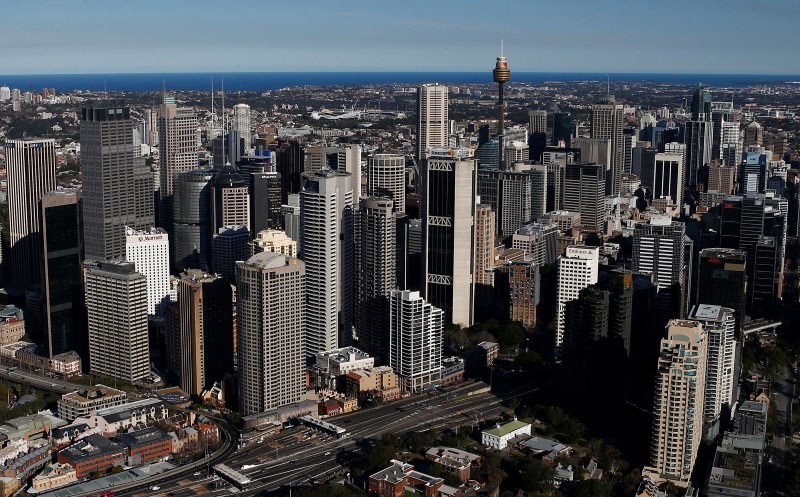In a much-anticipated ‘aviation white paper’, the Federal Government recently floated ideas to change the face of air travel in this country, with a Charter of Rights for passengers to combat misconduct, delays and cancellations at the centre of its proposals.
Lion’s share of domestic market
Alongside the aviation white paper was a Treasury-conducted review of competition among the airlines – something that has been a problem for air-dependent travellers in this country since the collapse of Ansett.
The concentration of market power in the aviation sector has become a focal point of political debate, with Qantas and Virgin controlling 92% of the domestic market.
The review uncovered how greater competition would reduce high prices, noting that when a second competitor was added to a given route, airfares on that route fell by 25%.
This reduction in fares only really worked when what it called a ‘non-affiliated’ competitor, rather than Qantas’s budget subsidiary Jetstar, entered the market, the review found.
The report suggested that Qantas adjusted its prices based on competition: lowering fares in response to new competitors but raising them when Jetstar entered the same route, reflecting the company’s ability to exercise greater price discrimination.
Anti-competitive behaviour
A key plank of the government’s proposed reforms is the establishment of an ombudsman authority to hold airlines accountable for customer service standards, which would keep an eye on anti-competitive behaviours and other consumer transgressions by the existing players in the space.
This proposal has emerged on the back of recent steps to reform the allocation of flight slots at Sydney Airport, amid allegations of slot-hoarding by major carriers Qantas and Virgin Australia.
The white paper has, of course, drawn criticism from key opposition figures. Nationals’ shadow transport spokesperson Senator Bridget McKenzie criticised the document for offering "no specific measures to get planes running on time or address the spiralling cost of airfares".
Senator McKenzie called for a stronger stance on airline market concentration. "The review clearly shows that competition is a problem and without a plan to increase competition, Treasurer Jim Chalmers should consider break-up powers for airlines," she said. "Something must be done about the ownership structure of Qantas."
Shadow Finance Minister Jane Hume echoed McKenzie's comments, calling for the inclusion of aviation in the Treasury's broader competition review and for granting the Australian Competition and Consumer Commission (ACCC) more authority to investigate potential collusion.
Too early to pursue break-up powers
McKenzie invoked the supermarket duopoly, saying that if a similar level of concentration existed in the airline industry, "we would hammer them".
Of course, the Nationals are not planning to hammer anybody. Nationals leader David Littleproud poured cold water on his colleagues’ suggestions, telling Sky News it was too early to pursue airline break-up powers such as those proposed for supermarkets.
From the government’s perspective, the Assistant Minister Matt Thistlethwaite made it clear this was not as easy as it sounds, labelling it “a crazy economic policy”.
Also speaking on Sky, Thistlethwaite questioned the viability of such a move, asking, "Who buys Jetstar if it’s divested? These are questions the Coalition hasn’t answered."
